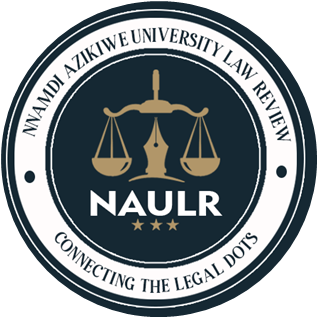Usulor Chukwuebuka
1.0 Introduction
The courts of law are government bodies responsible for the adjudication of disputes and the administration of justice. In Nigeria, the courts are vested with the judicial powers of the States and the Federation.[1] They exercise these powers to settle disputes between parties,[2] interpret statutory and constitutional provisions,[3] review the decisions of government functionaries and administrative agencies,[4] as well as issue orders and make recommendations where appropriate.[5]
Since the colonial era, there have been several innovations and shifts in the courts’ operations, structure and processes in Nigeria.[6] These include the creation of more courts, broadening the jurisdiction of courts, the establishment of regulatory bodies, and altering judicial processes among others.[7] In many cases, these reforms were initiated by the legislature through the amendment or repeal of the Constitution and relevant laws.[8] In other cases, the reforms were initiated through the adoption of new rules of court or the review of existing ones.[9] In all these cases, the reforms were initiated to tackle the challenges facing the courts, make the courts’ processes and operations more efficient or to adapt them to changing circumstances and times.
In recent years, the courts have faced monumental challenges. While it may not be possible to enumerate these challenges exhaustively, it is safe to say that the backlog of cases,[10] judges’ lack of experience and expertise in some aspects of law,[11] and a vicious sentencing regime make the top of the list.[12] A plethora of measures have been canvassed as solutions for these innumerable challenges. In this paper, the writer will demonstrate how the establishment of specialized and problem-solving courts is the panacea to the challenges facing the courts in Nigeria and hamstringing the country’s criminal and civil justice system.
